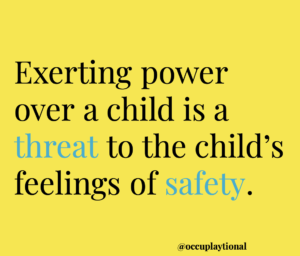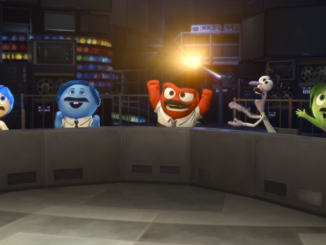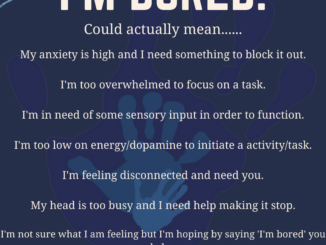Exerting power over a child just for the sake of exerting it is a threat to the child’s feelings of safety, and they know it. They’ve been living in this world for however many years, and they’ve learned it. They might not be able to say it in words, but they feel it innately. Children know that they are vulnerable and they know that the people who keep them safe are adults and they know that having a connection with their adults is therefore imperative for their own safety.
Conversely, the profoundness of the feeling of somebody being on your team, instead of antagonistic toward you, I think is absolutely huge for children at school. I think for many, many behaviorally challenging children, they very quickly learn the opposite. In some scenarios it might just be their interpretation of the situation. The adults are trying to help them but the child is not getting that message, there’s a big communication breakdown somewhere. But then in some schools, legitimately, there really is an antagonistic relationship with a particular child. Nobody likes them and they know it. Nobody smiles when they come in the building, every time they get in trouble there’s a grim sense of expectedness, like the adults knew it and now the child is living up to it.
Children don’t have the ability to influence whether we choose to approach them as a team or whether we will wield our power over them as a weapon. That’s entirely up to adults to decide and implement. But I’ve seen firsthand the benefits of choosing collaboration over control. It might take more energy up-front and it might look a little messier. But the connection that results is worth it.




